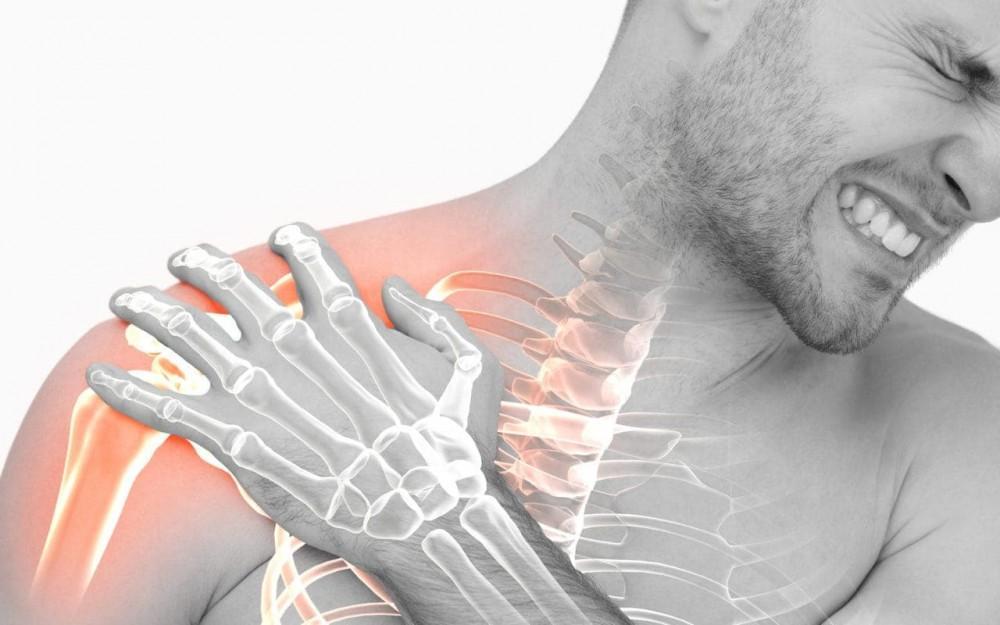Introduction: Health Care as a Moral and Social Imperative
Health care is far more than a service—it is a reflection of a society’s values, priorities, and commitment to the well-being of its people. In an era defined by innovation, globalization, and rapid change, the concept of health care must evolve beyond its traditional boundaries. It is no longer just about hospitals, doctors, and prescriptions. Health care today is an intricate web of policy, technology, education, equity, and compassion. At its best, it empowers individuals to live longer, fuller, and more dignified lives.
What Is Health Care? A Holistic Definition
Health care encompasses the prevention, diagnosis, treatment, and management of physical and mental illnesses. However, a more refined understanding reveals that it also includes the broader promotion of well-being—physically, emotionally, and socially.
Core components of modern health care include:
-
Primary Care: First point of contact, such as general practitioners and family physicians.
-
Secondary Care: Specialized services provided by medical experts upon referral.
-
Tertiary Care: Advanced medical treatment including surgeries, oncology, or critical care.
-
Preventive Care: Immunizations, screenings, and wellness programs to reduce the burden of disease.
-
Mental Health Services: Counseling, psychiatric care, and community support networks.
-
Public Health Infrastructure: Clean water, sanitation, health education, and disease control.
Each layer of the system plays a pivotal role in safeguarding communities and sustaining the productivity and resilience of nations.
The Evolution of Health Care: From Reactive to Proactive
Historically, health care was largely reactive—treating illness after it occurred. Today, the most progressive systems adopt a preventive, patient-centered approach. This shift reflects not only advances in medical science but also a growing recognition that wellness is multidimensional.
Key trends shaping modern health care:
-
Preventive Focus: Emphasis on screenings, lifestyle interventions, and health education.
-
Telemedicine: Remote consultations and digital diagnostics have expanded access globally.
-
Personalized Medicine: Genetic insights now enable individualized treatments and risk assessments.
-
Integrated Care Models: Coordination among providers to ensure continuity and holistic treatment.
-
Community-Based Health Initiatives: Public health programs rooted in local cultural and social contexts.
This transformation from treatment to prevention represents a major evolution in how care is understood and delivered.
The Pillars of a Strong Health Care System
A functional health care system is not measured merely by its buildings or budget, but by its ability to serve people efficiently, equitably, and empathetically.
Foundational pillars include:
-
Accessibility
-
Geographic reach, affordable pricing, and availability of essential services.
-
No one should have to choose between financial security and their health.
-
-
Quality of Care
-
Evidence-based practices, trained professionals, and modern technology.
-
Quality must not be compromised by bureaucracy or cost-cutting.
-
-
Equity
-
Services must reach marginalized and vulnerable populations.
-
Eliminating racial, gender, economic, and geographic disparities is critical.
-
-
Sustainability
-
Systems must be economically viable and environmentally responsible.
-
This includes energy-efficient hospitals, digital records, and long-term planning.
-
-
Patient-Centeredness
-
Involving patients in decisions, respecting their values, and ensuring clear communication.
-
Human dignity must be the central concern in every medical encounter.
-
The Role of Technology in Transforming Health Care
Technology has become a formidable ally in the advancement of health care. From AI-powered diagnostics to robotic surgeries, innovations are redefining what’s possible in patient care.
Examples of technological impact:
-
Artificial Intelligence: Early disease detection, drug discovery, and predictive analytics.
-
Electronic Health Records (EHRs): Seamless sharing of patient data for better coordination.
-
Telehealth Platforms: Reaching rural or underserved populations, especially during crises.
-
Wearable Devices: Continuous monitoring of vitals for chronic disease management.
-
Mobile Health Apps: Educating users and promoting behavioral change through personalized tools.
While these advancements bring immense promise, ethical oversight and digital literacy are essential to ensure they serve everyone equitably.
Challenges Facing Global Health Care Systems
Despite progress, many health systems worldwide face a multitude of persistent and emerging challenges.
Notable obstacles include:
-
Rising Costs: Increasing demand, aging populations, and high drug prices strain resources.
-
Workforce Shortages: Burnout, migration, and lack of training lead to understaffed facilities.
-
Pandemic Preparedness: COVID-19 exposed gaps in emergency readiness and supply chain resilience.
-
Health Inequities: Socioeconomic barriers continue to restrict access and quality of care.
-
Mental Health Crisis: A growing but underfunded segment of health care needing urgent reform.
Addressing these issues requires coordinated efforts between governments, private sectors, NGOs, and communities themselves.














